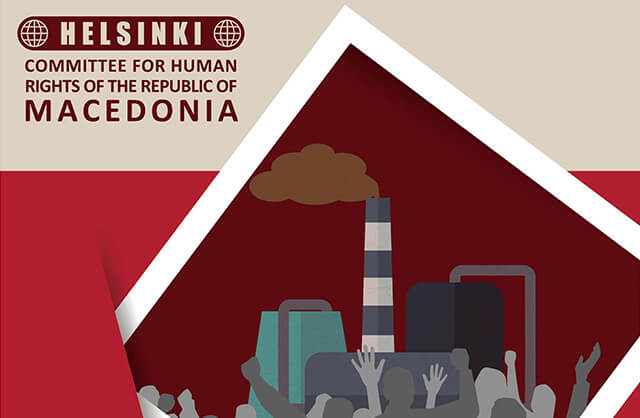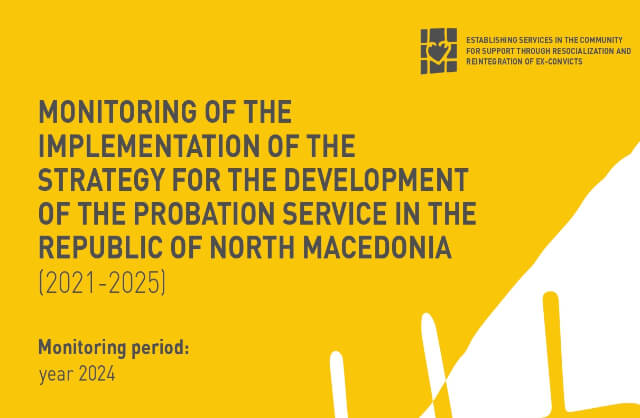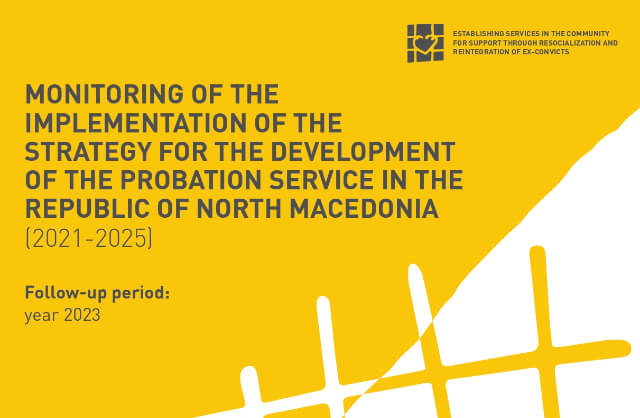Analysis of the level of satisfaction with mechanisms safeguarding workers
March 1, 2019

The ‘Analysis of the level of satisfaction with mechanisms safeguarding workers’ rights in the Republic of North Macedonia’ aims to investigate the attitudes of workers in regard to the satisfaction and efficiency of the labour rights protection mechanisms. In assessing these mechanisms, the study concludes that trade unions are the most unpopular protective mechanism, and the least unpopular are non-governmental organisations and Courts of Appeal.
The aim of this study is to indicate to workers and employers the mechanisms through which they can quickly get the outcome from labour disputes with the institutions, without having to enter into the content of such outcomes. The study brings these conclusions through three research tools, such as: public opinion research, organising focus groups, and gathering publicly available information on the work of the institutions. It is important to note that at least two of the three available tools have been used to measure the satisfaction of each institutional mechanism.
The use of a minimum of two sources gives a greater objectivity to the analysis. While developing the analysis, one may notice that the methodology is structured in the following order: first is the description of the institutional mechanism and the positive legal regulations, followed by the results from the tools. On the basis of this methodology, conclusions and findings are then drawn up which are intended for each institutional mechanism separately. At the end of the analysis are attached all data collected in the form of an annex. The purpose of these annexes is to share the results with social scientists, who will later be able to use this data for other analyses and findings.


